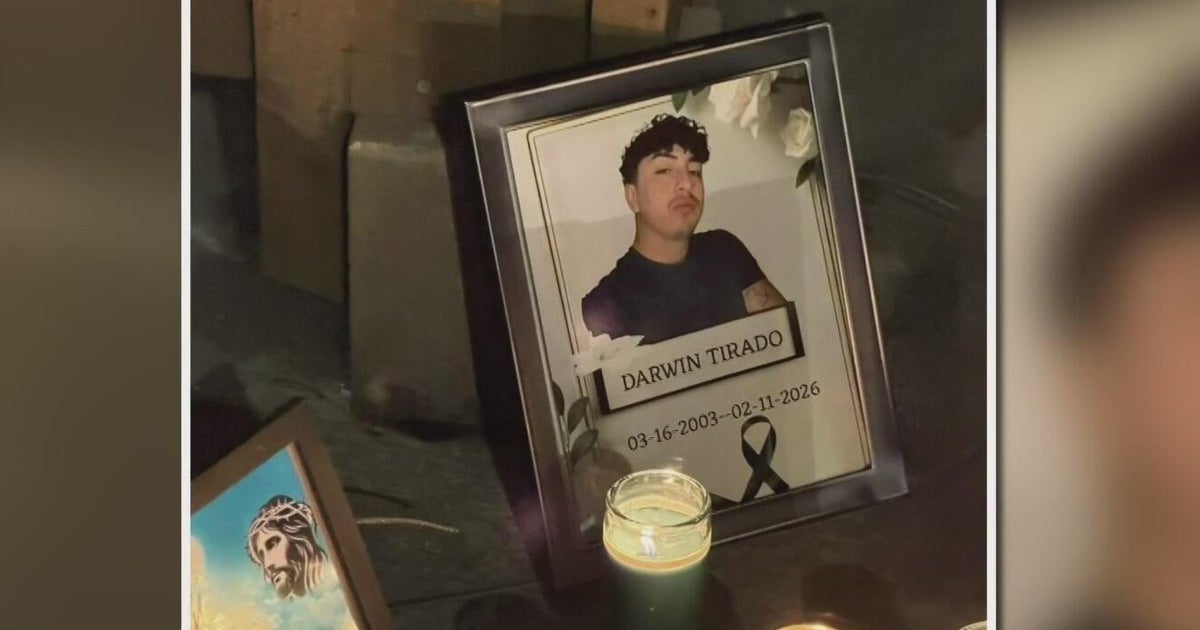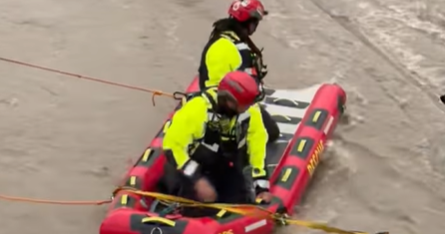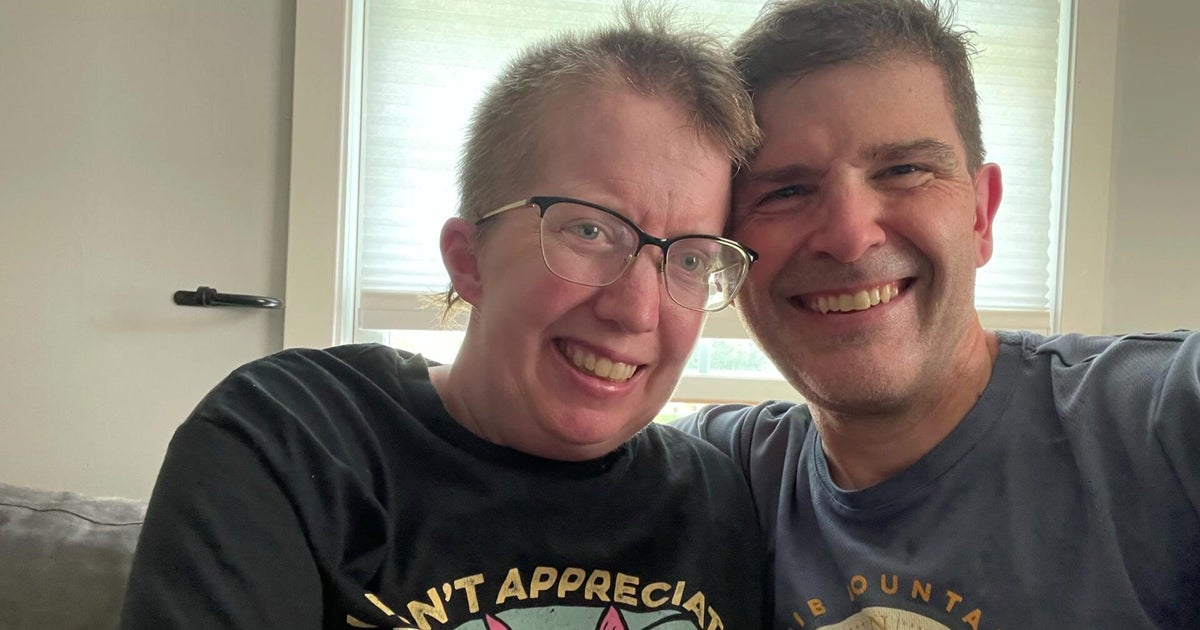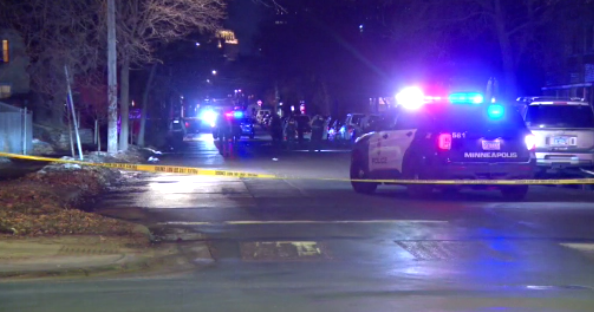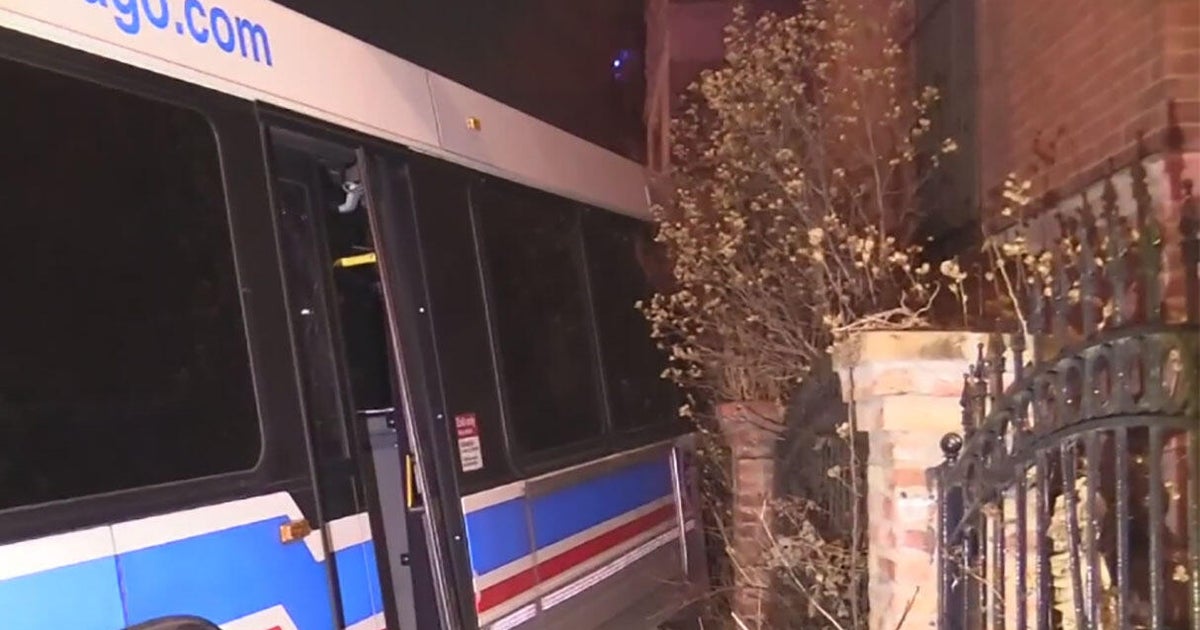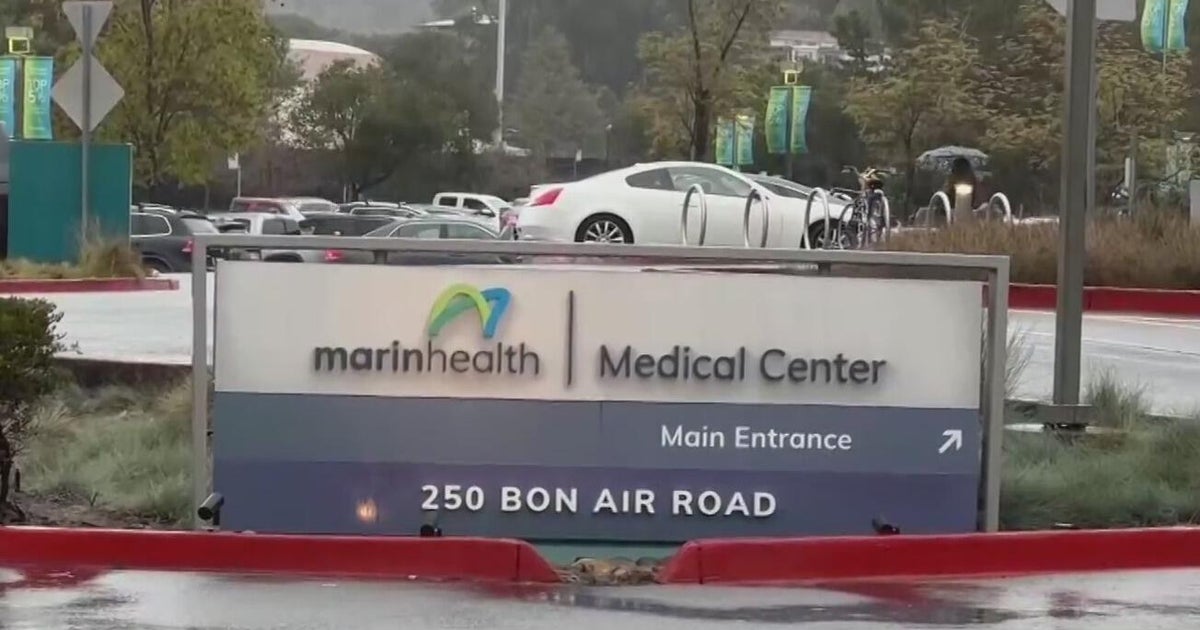Stroke Survivor Thanks New Device For Ability To Stay Active
DALLAS (CBSDFW.COM) - A unique reunion Wednesday at Medical City Hospital of Dallas, a stroke survivor walked back in for a checkup just 3-1/2 weeks after a new medical procedure saved her life.
78-year-old Peggy Hill showed only a modest effects of what could have been a devastating stroke she suffered while driving to a bridge game at a senior center. "I couldn't get the car off, I couldn't get the seat belt off," she related, adding, "I kept trying to do it over and over but this hand wasn't working; and I didn't understand why it wasn't working."
One of her doctors, Lise Labiche, who is the medical director of the hospital's stroke program, remembered Hill as she was wheeled in. "And she didn't remember not being able to speak, or understand, or move one side of her body."
Dr. Labiche had seen Hill and knew she had bleeding issues, so blood thinners were not a good idea. But a new medical procedure using a Trevo Device - essentially a metal cage on a wire - was inserted into her leg and on up to the clot in the brain itself. Twice it pulled clotted blood out of harm's way. Ms. Hill was able to move her limbs and to talk almost immediately after surgery.
Now, Ms. Hill has even resumed playing bridge. "On Saturday I did and my memory was good. And I noticed this morning I was able to say my little thank-you prayers that I was not able to say before." She also noticed improvement on one side of her face as she put on lipstick Wednesday morning.
At the hospital she sat down with her doctors and nurses and paramedics to get a detailed explanation of what was done for her, and why.
Neurosurgeon Dr. Prabhakar Kasava pointed to images of Ms. Hill's head. "You can see as the dye comes up it abruptly stops here; that's because there's a clot here, blocking the blood flow to the left side of your brain," he pointed out.
Peggy Hill was lucky a friend got her quick medical attention and that paramedics took her to a stroke specialty hospital. "Every minute that you go without treating this kind of stroke almost two million brain cells are lost. And once they die they don't come back," said Dr. Labiche.
One of the paramedics who helped save Ms. Hill was grateful to see her so well. "We never get this end of the story, we just do our best, drop them off...we very rarely get this," said Bryan Hardy.
Hill was in awe of all she witnessed. "Gee, that's amazing. Y'all did a miracle, she told the group."
Ms. Hill got a ride to and from the hospital, she is cleared to start driving again and tells CBS 11 she can hardly wait to get back behind the wheel.
